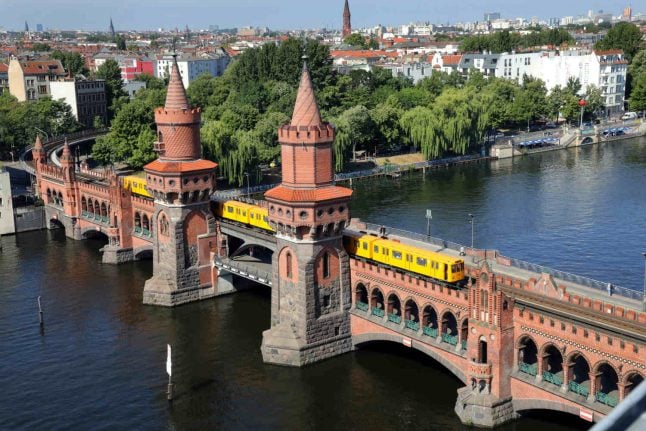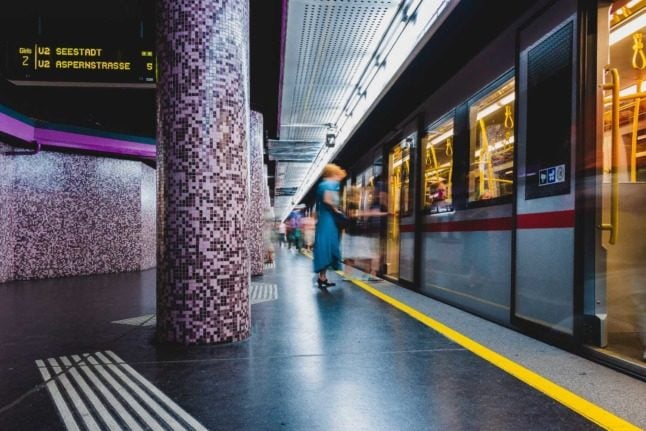Unlike train lines in some other cities, Berlin’s underground train network does not include express lines.
The re-introduction of express lines on the city’s S-Bahn network from December 2019 has however prompted calls for similar changes on the city’s U-Bahn network.
Burkard Dregger, the leader of the Christian Democrats (CDU) in Berlin, told the German Press Agency that the U-Bahns should operate express from the city’s most popular stations to move people around faster.
“[Express trains] mean you can get from A to C faster while skipping B to increase the speed”, Dregger said.
Dregger said the changes were necessary to further encourage people to switch from driving to taking the train.
“If public transport can become not just safe, but also clean, climate friendly – and fast – changing from car to public transport will be more attractive,” he said.
“That’s why we want public transport to be faster – and that’s why we should follow the example of the S-Bahn and implement express trains on the underground (U-Bahn)”.
Representatives from the Berlin transport authority however have suggested that such a change is likely to be difficult and unnecessary, due to the short distances between U-Bahn stations.
The BVG has instead called for the implementation of express buses (X-Buses), which can travel long distances without stopping.
Train services in Berlin are made up by the S-Bahn and U-Bahn networks. The S-Bahn serves the city’s main arteries as well as a ring line surrounding Berlin, while the U-Bahn serves stops which are closer together in a manner more similar to urban subway lines.
p.p1 {margin: 0.0px 0.0px 0.0px 0.0px; line-height: 14.0px; font: 12.0px Helvetica}
p.p2 {margin: 0.0px 0.0px 0.0px 0.0px; line-height: 14.0px; font: 12.0px Helvetica; min-height: 14.0px}



 Please whitelist us to continue reading.
Please whitelist us to continue reading.
Member comments